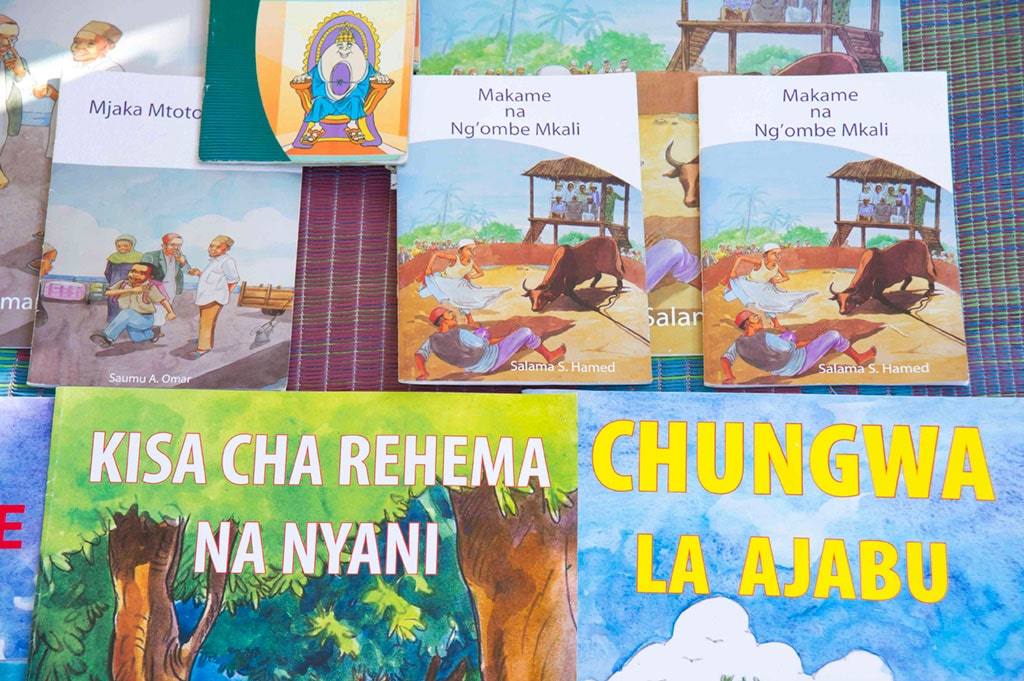[ad_1]
Countries around the world mark World Kiswahili Language Day.
Qatar may soon offer Kiswahili (Swahili) classes to non-speakers to mark World Kiswahili Language Day, the ambassador of the United Republic of Tanzania has revealed.
“We have considered language schools that already teach Arabic, French and others, and they have shown interest. We have some people from our community whose kids can’t speak Swahili. So they would probably be the first clients keen to have their children communicate in Swahili,” Dr. Mahadhi Juma Maalim said.
The language is among the 10 most widely spoken languages in the world, with more than 200 million speakers, according to UNESCO figures. Thousands of residents in Qatar speak the language as their native tongue, given the huge number of expats from several African countries.
However, the language is yet to be taught in the Gulf nation.
The official noted embassy staff and volunteers from the community could teach the language using an expert curriculum from Tanzania, in an announcement made during a gathering to celebrate language day in Doha.
“We have the embassy staff, and we already have talked with some volunteers from the community; some of them have a teaching background. We’ll use a curriculum and books from the experts back home. We’re just doing it from the resources we have here,” the ambassador added.
“So that’s by itself, I mean is encouraging cultural understanding and exchange,” he added.
The General Conference of UNESCO’s 41st session last year endorsed resolution 41 C/61, which acknowledged the contribution of the Kiswahili language to the advancement of cultural diversity. Therefore, July 7 was declared to be World Kiswahili Language Day.
The language, which originated in Tanzania and Kenya, is widely spoken in many East, Central, and Southern African nations, including Uganda, Rwanda, South Africa, and the Middle East (Yemen, Oman). Additionally, it is taught in the world’s leading institutions and universities.
Maalim remarked that the UN’s recognition of Kiswahili Day is a monument to Tanzania’s efforts and would help conserve the language, given that it is the first African language to be recognised by the institution in that matter.
“Getting this recognition at the UN level is important because the language is being taught and studied in different universities worldwide. I think it gives it a better status and pushes probably for other people to continue to study and teach it,” he added.
The diplomat disclosed that South Africa has already started to impart Kiswahili instruction.
Tanzania and South Africa will sign a contract to send professionals to teach Swahili in South African schools as part of the celebration.
“Botswana also had adopted that. I think Namibia they are in the process. So that promotes Kiswahili, and we think other countries will,” Maalim said.
[ad_2]
Source link

















Leave a Reply